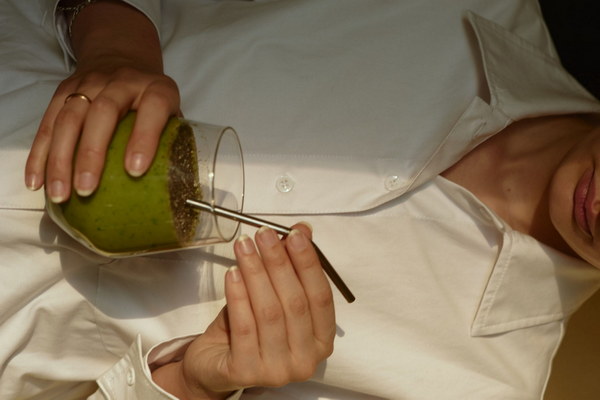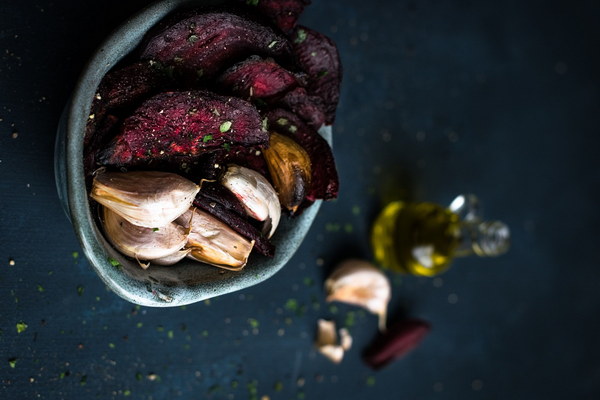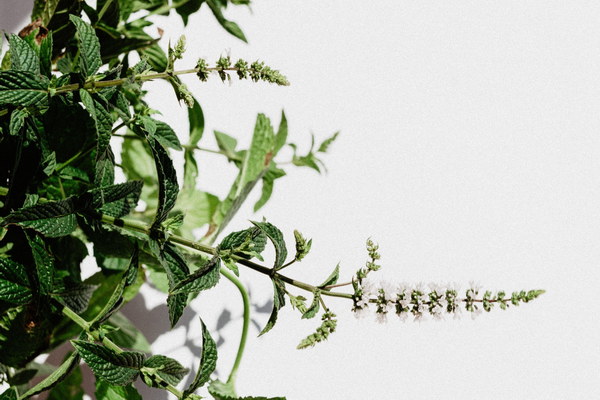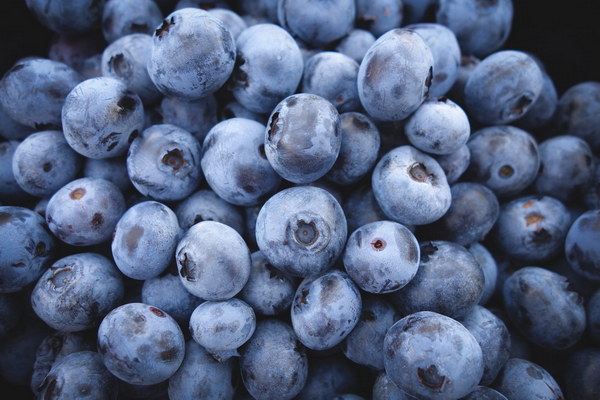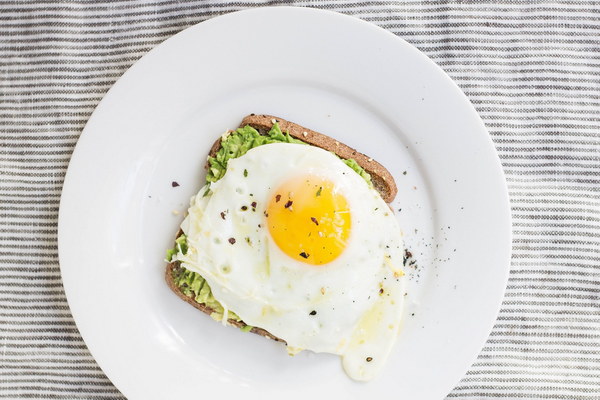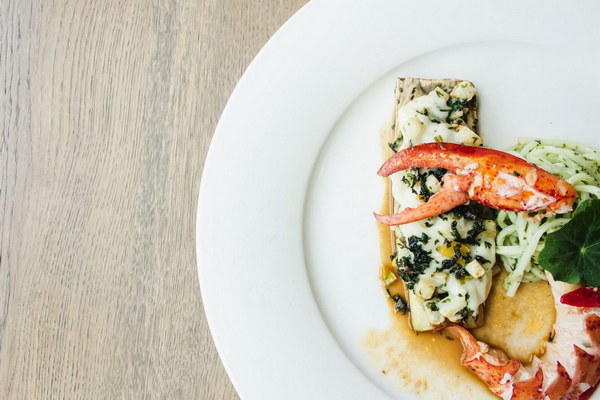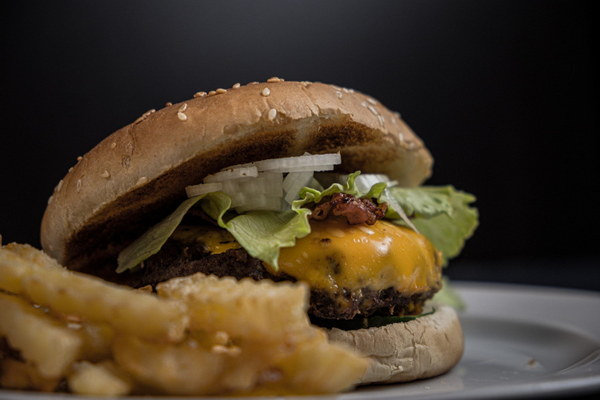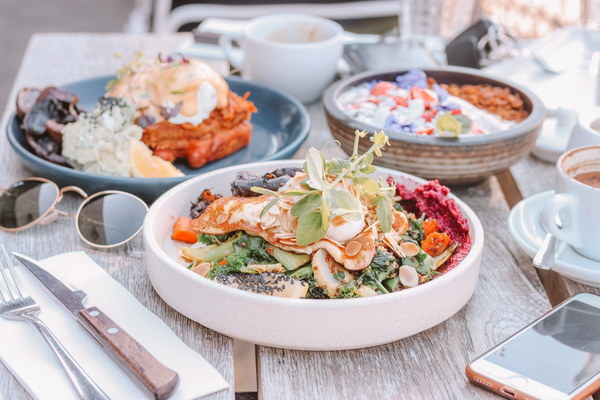Debunking the Myths Are Tonifying Chinese Herbs Always Hot and Causing Flare-ups
Introduction:
The use of Chinese herbs for medicinal purposes has been a traditional practice for thousands of years. Many people believe that tonifying Chinese herbs are always hot and can cause internal heat, leading to various adverse reactions. However, this notion is not entirely accurate. In this article, we will explore the truth behind the myth and shed light on the factors that determine whether a tonifying herb is hot or not.
1. Understanding the Hot Concept in Chinese Medicine:
In Chinese medicine, the concept of hot and cold refers to the properties of herbs and their potential effects on the body. A hot herb is believed to have a warming effect, while a cold herb is thought to have a cooling effect. These properties are determined by various factors, such as the taste, color, and origin of the herb.
2. Tonifying Herbs: Not Always Hot:
Contrary to popular belief, not all tonifying Chinese herbs are hot. In fact, many tonifying herbs have a neutral or cooling property. Tonifying herbs are primarily used to strengthen the body's vital energy, improve immunity, and promote overall well-being. Some well-known tonifying herbs with cooling properties include:
- Rehmannia (Shu Di Huang): Known for its cooling properties, it is often used to nourish the blood and Yin.
- Codonopsis (Dang Shen): This herb has a neutral property and is used to boost Qi and improve vitality.
- Astragalus (Huang Qi): With a slightly warm property, it is known for enhancing the immune system and improving resistance to disease.
3. Factors Influencing the Hot Property:
The hot property of a tonifying herb can be influenced by various factors, such as:
- Preparation Method: The way an herb is processed can alter its properties. For example, processing an herb with vinegar can reduce its hot nature.
- Dosage: The amount of the herb used can also affect its properties. A small dosage of a hot herb may have a warming effect, while a large dosage can cause internal heat.
- Individual Constitution: The constitution of an individual can determine how they respond to the hot property of an herb. Some people may be more susceptible to the adverse effects of hot herbs, while others may tolerate them well.
4. Identifying Hot Herbs:
To identify hot tonifying herbs, one can consider the following characteristics:
- Herbs with a red or dark color, such as red dates (Hong Zao) or goji berries (Gou Qi Zi), are often considered hot.
- Herbs that have a spicy taste, like ginger (Sheng Jiang) or saffron (Zhi Huang), may have a hot property.
- Herbs that are used in combination with other cooling herbs to balance their properties, such as cooling peppermint (Bo He) or licorice root (Gan Cao).
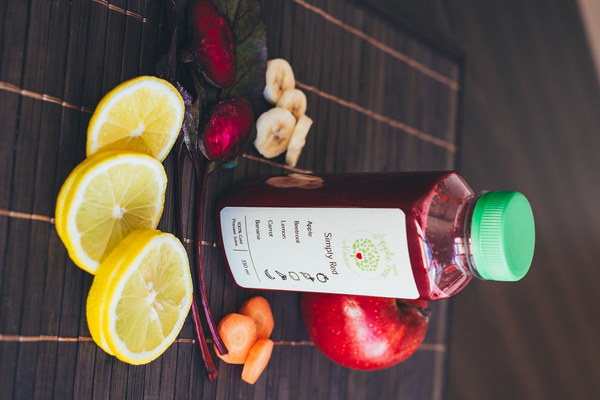
Conclusion:
In conclusion, the notion that all tonifying Chinese herbs are hot and cause internal heat is a myth. Many tonifying herbs have cooling or neutral properties and can be used safely when prescribed appropriately. It is essential to consult with a qualified Chinese medicine practitioner to determine the most suitable herbs and dosages based on individual needs and constitution. By dispelling this myth, we can better appreciate the vast and diverse world of Chinese herbs and their potential benefits.
